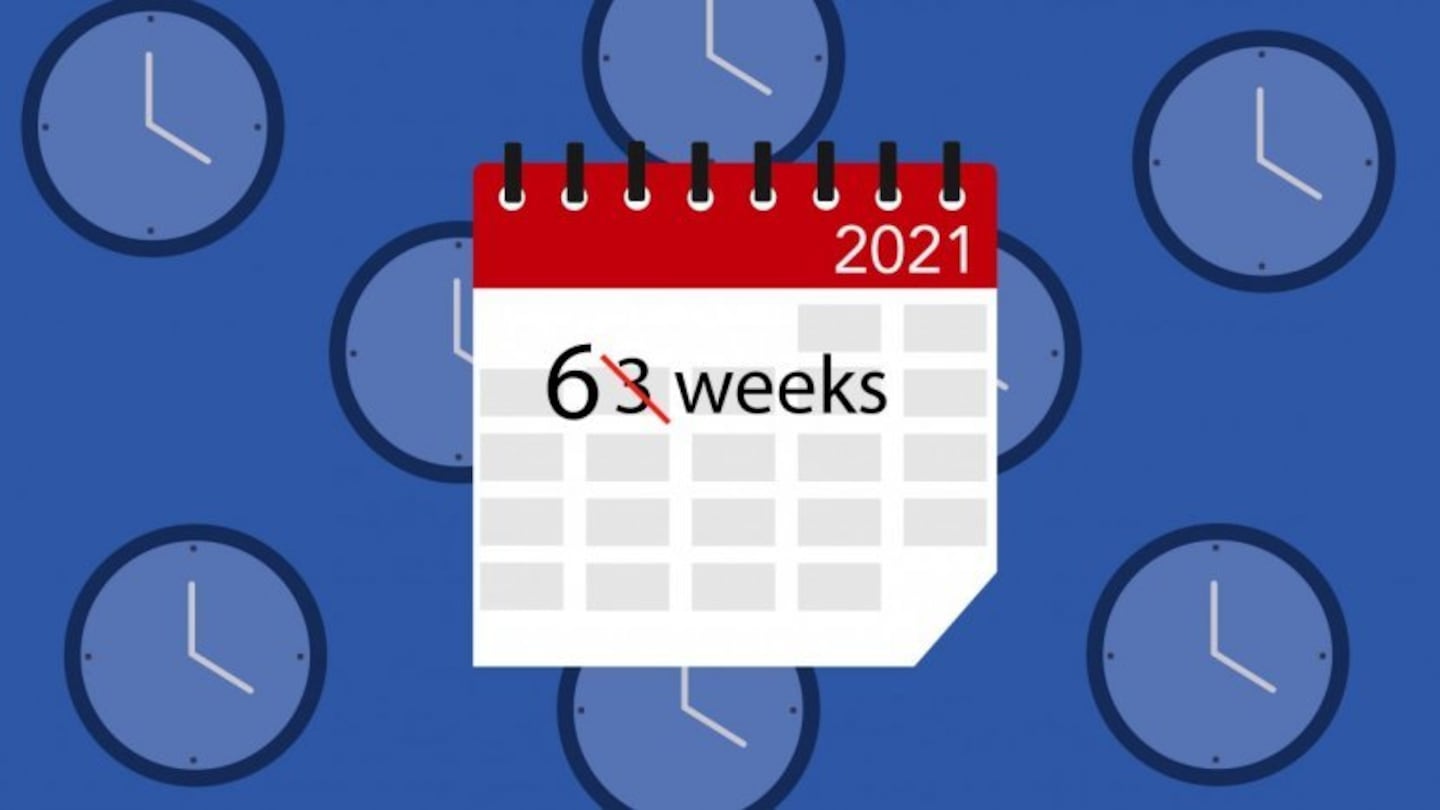Prime Minister Jacinda Ardern on Thursday announced Kiwis can expect the time between Pfizer-BioNTech vaccine doses to double, from three to six weeks.
There are physiological as well as logistical benefits to delaying the second dose.
The new, Delta strain of SARS-CoV-2 (the virus that causes Covid-19) is more contagious than previously circulating strains, causing case surges across the globe and a looming threat to New Zealand's largely unvaccinated population.
Scientists don’t have information from clinical trials about how well the leading Covid-19 vaccines perform against the Delta variant because the phase three trials were done before it became widespread.
Real-world data suggests the vaccines aren't as good at preventing infections of the variant. But there's no evidence yet to suggest the vaccines are significantly less effective against Delta at preventing serious illness, hospitalisation and death.
The Pfizer vaccine has been found to still prevent severe disease in more than nine out of 10 vaccinated people.
Several Covid-19 vaccines are given in two doses: the first triggers an immune response and the second boosts it.
Scientists in the United Kingdom have said both three-to-four-week and 10-week dosing intervals of the Pfizer Covid-19 vaccine generated strong antibody and immune cell responses. But the longer schedule appears to provide a slightly better immune response. It's unclear exactly why this is the case, but scientists think giving the immune response more time to mature between doses can promote slightly better responses later on.
The other benefit of a bigger gap between doses is that vaccinators can more quickly get more first doses into New Zealanders’ arms.
In the UK, Pfizer doses had been administered 12 weeks apart to maximise available doses and ensure greater coverage.
In Australia, New South Wales Chief Health Officer Dr Kerry Chant last week recommended a six-week window for the same reason.
Nearly six months into the roll-out, roughly 1.44 million New Zealanders have had a first dose of the Covid-19 vaccine — 34 per cent of the eligible population aged 16 or older. A further 850,000-odd have had a second dose.
The effectiveness — when it comes to preventing symptomatic disease — of one dose of the Pfizer vaccine has been found to be lower among people with the Delta variant (31 per cent effective) than among those with the previously circulating variant, Alpha (49 per cent).
But an analysis of Public Health England data, not yet peer-reviewed, found one dose of the Pfizer vaccine provided very high levels of protection against hospitalisation with the Delta variant — 94 per cent.
Auckland University vaccinologist Dr Helen Petousis-Harris has said the country's current vaccination coverage wouldn't be enough if there was a Delta outbreak: "It is not even in the right hemisphere."
She said it was important New Zealand “get as many doses into arms as we can” without “dropping the ball” on higher-risk groups.
Ardern's announcement came a day after the publication of advice from the Strategic Covid-19 Public Health Advisory Group, led by Professor Sir David Skegg. The group of scientists said even with the country's closed borders and MIQ facilities, an outbreak of the Delta variant of the virus that causes Covid-19 is likely this year.
Pfizer's Covid-19 vaccine is currently the only one being used in New Zealand, although Medsafe has recently given provisional approval to vaccines from Janssen-Cilag and AstraZeneca.
Reporting disclosure statement: This post was reviewed by The Whole Truth: Covid-19 Vaccination expert panel member Dr Api Talemaitoga, general practitioner and part of the Ministry of Health Covid-19 Pacific Response team.



